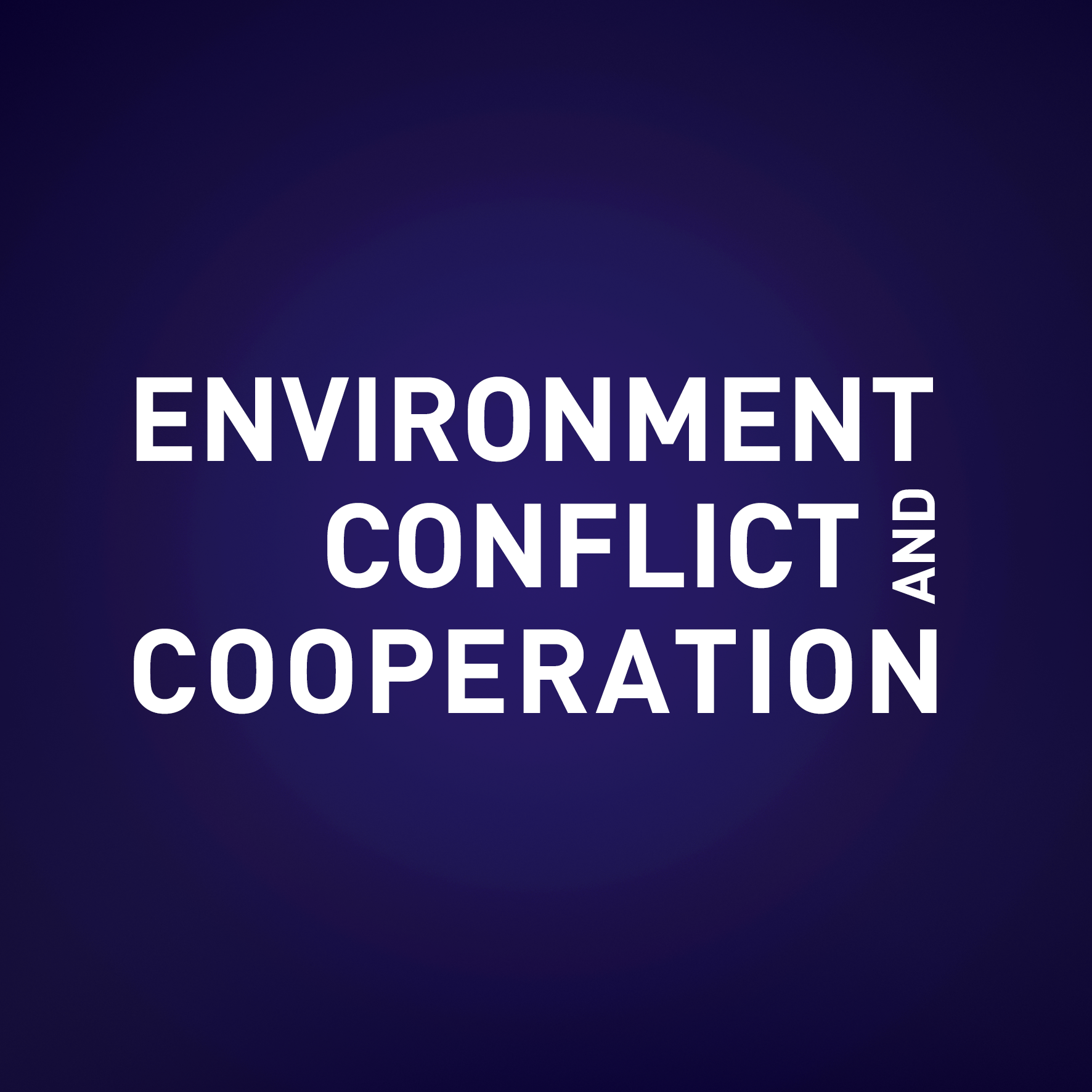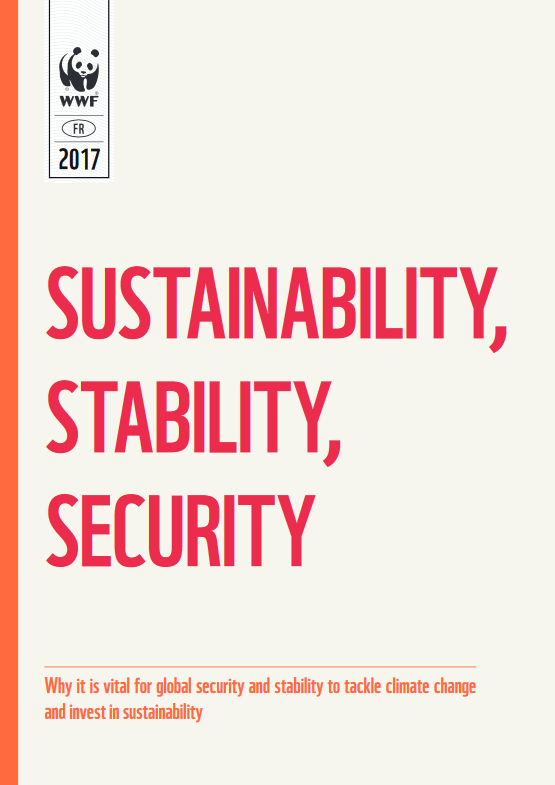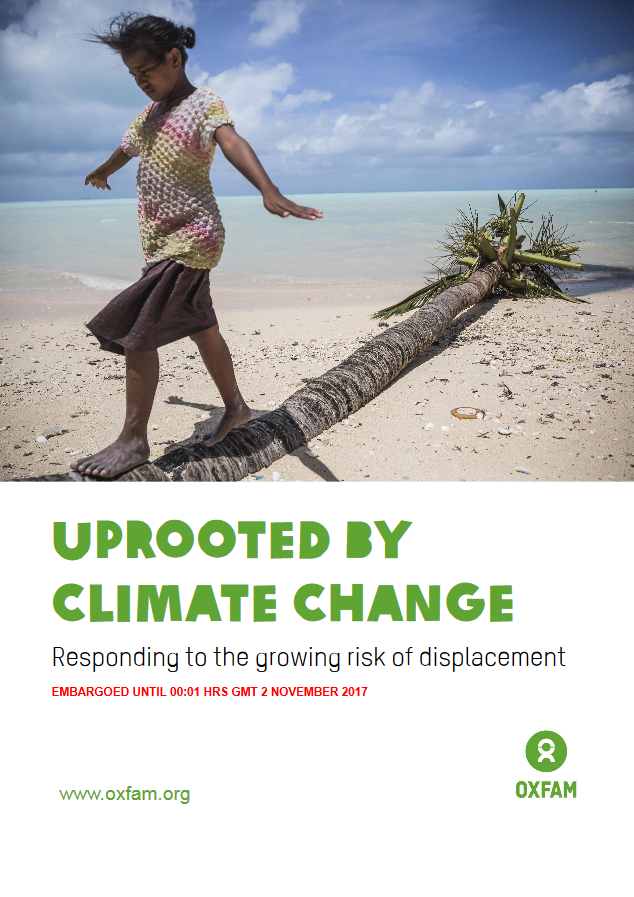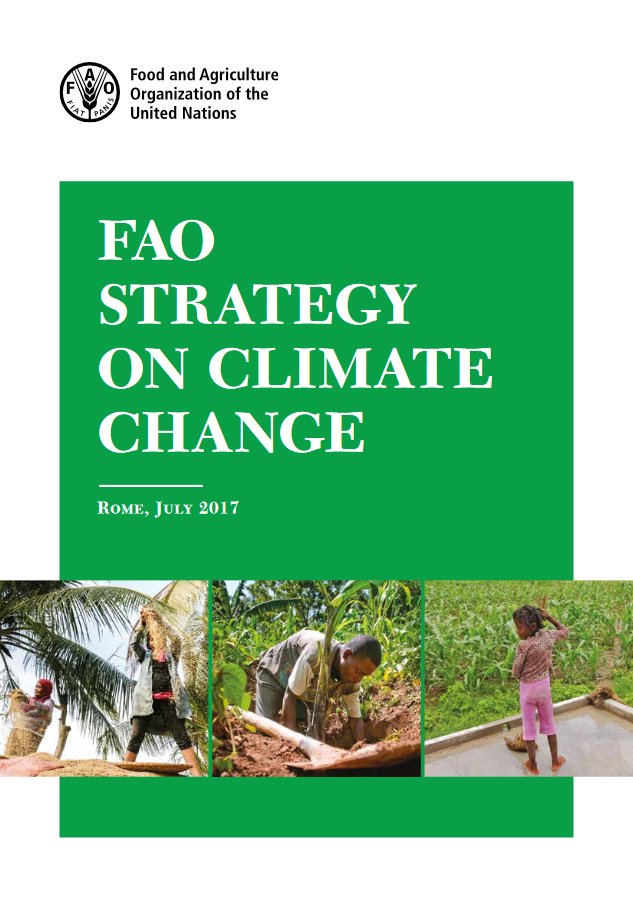Focal point
Location
This website offers a platform for exchange on environment, conflict, and cooperation (ECC). It aims to foster sustainable peace and development by gathering and disseminating knowledge. It also seeks to create networks among stakeholders in the global environment, climate, foreign policy and security communities.
Environmental aspects are increasingly recognised as important elements of sustainable peace: The UN and EU have initiated discussions on the potential impacts of climate change on the security and stability of states, and environmental security has become a central issue in foreign and security strategy planning. This is also illustrated by the generous support of the German Federal Foreign Office for this platform.
This website approaches the ECC topics from two main angles:
1) Our focus on Climate Diplomacy explores the foreign policy dimension of climate change and climate policy, including different regional and thematic approaches to it. The website also seeks to provide arguments for enhanced international cooperation and diplomatic engagement for climate in multi- and bilateral fora.
2) Our second core theme revolves around approaches to build resilience to compound climate-fragility risks. This platform section presents core conclusions of the report A New Climate for Peace, commissioned and welcomed by the G7 foreign ministers. The page’s Resilience Compass blog provides a space to share analysis, research and emerging thinking on climate change impacts and climate change responses in fragile states and on the actions necessary to build resilience and stability.
Members:
Resources
Displaying 16 - 20 of 27Sustainability, Stability, Security - Why it is vital for global security and stability to tackle climate change and invest in sustainability
This report combines the conclusions of several scientific studies and the opinions of numerous researchers and specialized organizations that have focused these past few years on the link between climate and security. It highlights the essential contributions of a collective group of experts in order to concentrate on this issue and encourage institutions such as foreign and defense ministries to adopt new approaches.
Uprooted by climate change: Responding to the growing risk of displacement
Climate change is amplifying the risk of extreme weather disasters by increasing the destructive power of storms and floods. At the same time, rising seas, shifting rainfall patterns, drought and other slow-onset changes are eroding people’s land, natural resources and security, and magnifying existing vulnerabilities.
The Sendai Framework for Disaster Risk Reduction as a Tool for Conflict Prevention
The Sendai Framework for Disaster Risk Reduction (DRR) is a non-legally binding agreement designed to reduce existing levels of risk and prevent emerging risks. While references to conflict were deleted from the final text, Sendai addresses issues parallel to those that would need to be addressed in a prevention and sustaining peace agenda.
The Framework, if properly implemented, would tackle three sets of factors that increase both disaster and conflict risks:
FAO Strategy on Climate Change
"There is no peace without tackling food security and eliminating hunger and there will be no food without tackling climate change.” A couple of days ago, the UN Food and Agriculture Organization (FAO) has published a new and all-encompassing framework on climate change. The organization acknowledges the enormous threats posed by climate change, and outlines how it will tackle environmental changes in the future.
Climate Change in Afghanistan - What Does it Mean for Rural Livelihoods and Food Security?
Climate change in Afghanistan is not an uncertain, “potential” future risk but a very real, present threat— whose impacts have already been felt by millions of farmers and pastoralists across the country. In this report, it is shown how drought and flood risks have changed over the past thirty years, and what impact this has had on rural livelihoods and food security in the country. The aim is to inform national-level prioritisation of areas and livelihoods groups for climate change adaptation and disaster risk reduction programmes.






